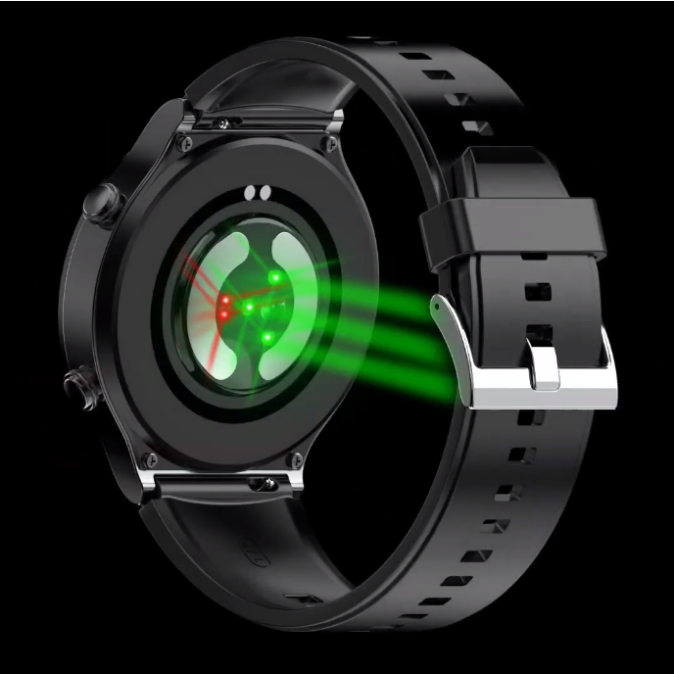In the rapidly evolving landscape of wearable technology, smartwatches have emerged as versatile companions that seamlessly integrate into our daily lives. These sleek devices do more than just tell time; they offer an array of features that include fitness tracking, health monitoring, notifications, and even communication. At the heart of these capabilities lie sensors, the unsung heroes that power the smartwatch experience. In this article, we delve into the significance of sensors in smartwatches and explore the various aspects that make them essential components.
What are the Sensors in Smartwatches?
Sensors are miniature devices that detect changes in their environment and convert these changes into data or signals that can be interpreted and utilized by the smartwatch's software. Smartwatches house a diverse set of sensors, each serving a specific purpose. Some common sensors found in smartwatches include:
- Heart Rate Monitor: Measures your heart rate in real-time, providing insights into your cardiovascular health and exercise performance.
- Accelerometer: Detects movement, enabling functions such as step counting, activity tracking, and gesture recognition.
- Gyroscope: Measures orientation and rotation, enhancing the accuracy of activity tracking and enabling interactive features.
- GPS: Tracks your location and movement, enabling accurate distance measurement and mapping during outdoor activities.
- Barometer: Measures atmospheric pressure, aiding in altitude tracking and weather forecasting.
- Ambient Light Sensor: Adjusts screen brightness based on ambient lighting conditions for optimal visibility and battery conservation.
- Electrodermal Activity (EDA) Sensor: Monitors stress levels through skin conductance, contributing to stress management features.
How Many Sensors Does a Smartwatch Have?
The number of sensors in a smartwatch varies depending on the model and intended functionality. Basic models might have a handful of sensors, primarily focusing on fitness tracking and notifications. More advanced smartwatches, especially those targeting health and fitness enthusiasts, could incorporate a wider range of sensors to provide more comprehensive data insights.
How Do Smartwatch Sensors Work?
Smartwatch sensors use various technologies to gather data. For instance, a heart rate monitor typically employs photoplethysmography (PPG), which shines light onto the skin and measures the changes in blood volume to calculate heart rate. Accelerometers and gyroscopes utilize microelectromechanical systems (MEMS) to detect movement and rotation by measuring changes in capacitance or resistance caused by motion.
How Accurate Are Sensors in Smartwatches?
The accuracy of smartwatch sensors can vary based on factors such as sensor quality, calibration, and placement on the body. While sensors have improved significantly over the years, they might not always be as accurate as medical-grade devices. Heart rate monitors, for instance, can be affected by factors like motion artifacts and skin tone. However, advancements in sensor technology and algorithms have led to substantial improvements in accuracy, making smartwatches valuable tools for tracking trends and providing general insights into health and fitness.
Fitaos Advanced Smartwatch Sensors
For decades, Fitaos has been dedicated to advancing the realm of smartwatch sensing technology, emphasizing research and development to craft cutting-edge solutions. After continuous efforts, we have made breakthroughs in the Photoplethysmography (PPG) sensor, ensuring accurate heart rate monitoring; the Electrical Heart sensor (ECG), enabling in-depth cardiac insights; and an infrared (IR) sensor, broadening the scope of monitoring possibilities. These advancements have significantly enhanced the accuracy and breadth of the heart rate monitoring function of our smartwatches.

In conclusion, sensors are the backbone of the smartwatch experience, enabling these devices to provide a wide range of functionalities that cater to our health, fitness, and communication needs. When choosing a smartwatch, it's important to consider the good sensor suite that aligns with your lifestyle and priorities, as this will determine the accuracy and relevance of the information you receive from your wearable companion.

